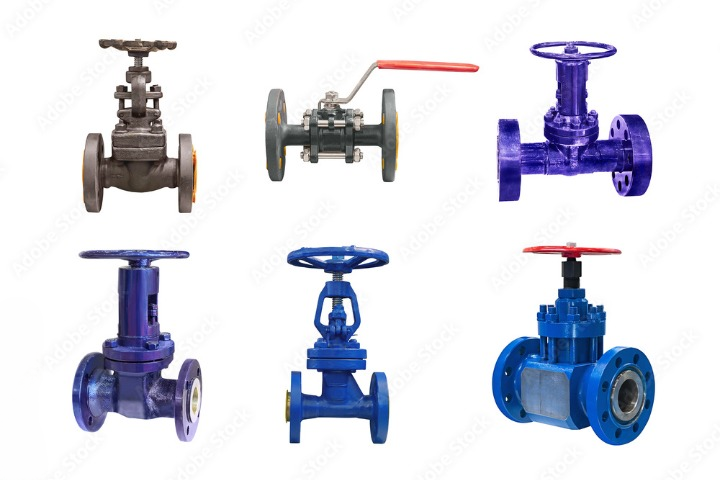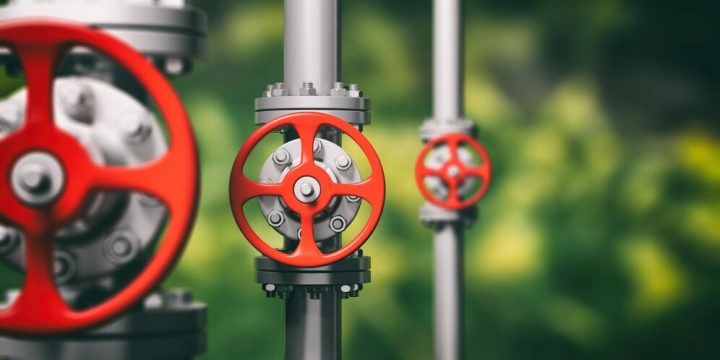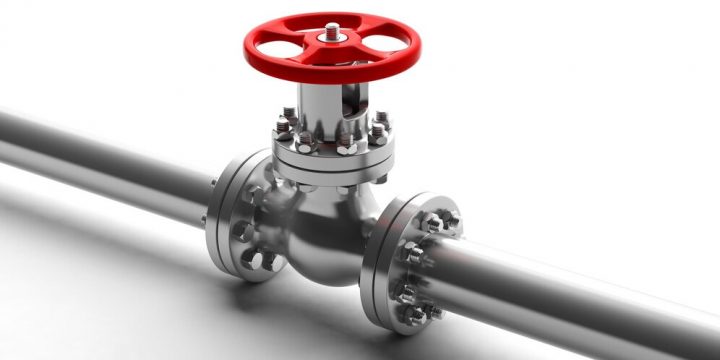Valves are vital components in various industrial processes and systems, serving a multitude of functions ranging from simple flow regulation to complex control operations. Understanding the fundamentals of valves is essential for engineers, technicians, and enthusiasts alike. In this beginner’s guide, we’ll explore the basics of valve functions and applications to provide a comprehensive understanding of their importance in different industries.
What are Valves?
Valves are mechanical devices designed to control the flow of fluids, gases, or slurries within a system. They achieve this by opening, closing, or partially obstructing the pathway through which the fluid travels. Valves come in a wide range of sizes, designs, and materials to suit different applications and operating conditions.
Valve Manufacturing Landscape in India
India’s prowess in manufacturing extends beyond traditional sectors, with the valve industry witnessing steady growth fueled by technological advancements and a skilled workforce. The country boasts a robust ecosystem of valve manufacturers catering to diverse sectors such as oil & gas, power generation, water treatment, and more.
Key Players in Valve Manufacturing
1. L&T Valves (Larsen & Toubro):
– L&T Valves, a subsidiary of Larsen & Toubro Limited, stands as a prominent player in India’s valve manufacturing landscape.
– With state-of-the-art manufacturing facilities and a comprehensive product portfolio, L&T Valves caters to both domestic and international markets.
2. Kirloskar Brothers Limited (KBL):
– Kirloskar Brothers Limited, renowned for its engineering excellence, has a dedicated division for manufacturing valves.
– KBL’s valve offerings span a wide range, including butterfly valves, gate valves, and check valves, serving various industries with quality products.
3. Audco India Limited (a part of Flowserve Corporation):
– Audco India Limited, acquired by Flowserve Corporation, is a leading manufacturer of industrial valves in India.
– Leveraging Flowserve’s global expertise, Audco India delivers high-performance valves for critical applications in oil & gas, petrochemicals, and power generation.
4. Neta Valves:
– Neta Valves, established in 1989, has emerged as a trusted name in the valve manufacturing sector.
– The company’s extensive product range covers gate valves, globe valves, and ball valves, meeting stringent quality standards and customer requirements.
5. Forbes Marshall:
– Forbes Marshall, recognized for its engineering prowess, offers a diverse portfolio of valves catering to process industries.
– From steam traps to control valves, Forbes Marshall’s products are synonymous with reliability and efficiency, earning accolades both domestically and internationally.
India’s Global Footprint
India’s valve manufacturers aren’t just serving domestic demand; they’re making their mark on the global stage. With a focus on innovation, quality, and cost competitiveness, Indian companies are exporting valves to various countries, contributing to the nation’s export revenue and strengthening its position in the global market.
Emerging Trends and Challenges
While India’s valve manufacturing sector continues to flourish, it faces certain challenges such as fluctuating raw material costs, evolving regulatory standards, and global competition. However, with a proactive approach to technology adoption, skill development, and collaboration, Indian manufacturers are poised to overcome these hurdles and sustain growth in the long run.
Types of Valves
1. Gate Valves:
– Gate valves are used to fully open or fully close the flow of fluid. They employ a sliding gate or wedge mechanism to obstruct the flow path.
– These valves are commonly found in applications where a straight-line flow of fluid and minimal pressure drop are required.
2. Globe Valves:
– Globe valves regulate flow by raising or lowering a movable disk or plug into the flow path.
– They are versatile and are often used in systems that require precise flow control.
3. Ball Valves:
– Ball valves use a rotating ball with a bore to control flow. When the bore aligns with the flow path, the valve is open, and when it is perpendicular, the valve is closed.
– Ball valves are known for their quick operation and tight seal, making them suitable for shut-off applications.
4. Butterfly Valves:
– Butterfly valves consist of a rotating disc to control flow. When the disc is parallel to the flow, the valve is open, and when it’s perpendicular, the valve is closed.
– They are lightweight and offer low-pressure drops, making them ideal for large-scale applications.
5. Check Valves:
– Check valves that allow flow in one direction and prevent reverse flow. They employ a flap, ball, or swing mechanism to achieve this function.
– These valves are crucial for preventing backflow and protecting equipment.
Valve Applications
1. Industrial Processes:
– Valves play a crucial role in controlling the flow of various fluids in industrial processes such as manufacturing, refining, and chemical processing.
– They are used for regulating temperature, pressure, and fluid levels to ensure efficient operation.
2. Oil & Gas Industry:
– In the oil and gas industry, valves are used in drilling operations, pipeline transportation, and refining processes.
– Valves in this sector must withstand harsh environments and high pressures, requiring robust construction and materials.
3. Water Treatment:
– Valves are integral to water treatment plants for regulating the flow of water, chemicals, and wastewater.
– They help in controlling the treatment process, ensuring water quality and compliance with regulations.
4. HVAC Systems:
– Heating, ventilation, and air conditioning (HVAC) systems rely on valves for controlling the flow of air, water, and refrigerants.
– Valves help in maintaining comfort conditions and energy efficiency in buildings.
5. Power Generation:
– Valves are essential components in power generation facilities such as thermal power plants, nuclear reactors, and renewable energy installations.
– They control steam, water, and other fluids in boilers, turbines, and cooling systems.
Conclusion:
The landscape of valve manufacturing in India is dynamic and flourishing, driven by a combination of factors including technological advancements, skilled manpower, and a growing focus on quality and innovation. As the demand for valves continues to escalate across various sectors, Indian manufacturers are at the forefront, delivering cutting-edge solutions to domestic and global markets.
While we’ve highlighted some key players in the Indian valve manufacturing sector, it’s important to acknowledge the invaluable role played by platforms like Enggpro. These platforms serve as catalysts for industry growth by connecting buyers with top manufacturers and suppliers seamlessly.
Speaking of which, Enggpro stands out as a premier destination for sourcing valves and related products. Through its extensive network of suppliers, Enggpro facilitates streamlined procurement processes, ensuring timely delivery, competitive pricing, and unparalleled quality. By leveraging platforms like Enggpro, businesses can access a diverse range of valves from top manufacturers, empowering them to meet their project requirements with confidence and efficiency.
In conclusion, India’s valve manufacturing industry is primed for continued expansion and innovation, fueled by a spirit of collaboration, excellence, and adaptability. With a rich legacy of engineering prowess and a vision for the future, Indian manufacturers are poised to shape the global valve market and cement their position as leaders in the field. As we embark on this journey of growth and development, platforms like Enggpro will continue to play a pivotal role, in driving connectivity, efficiency, and success across the industry landscape.



